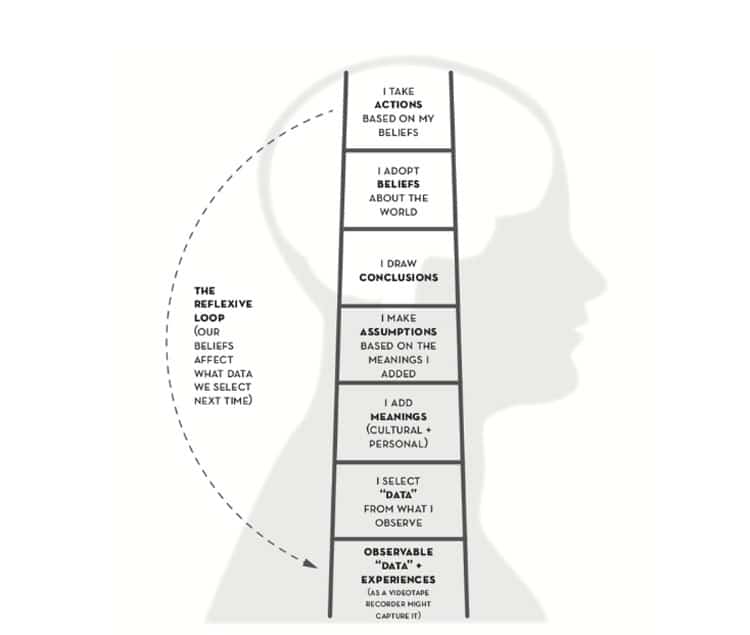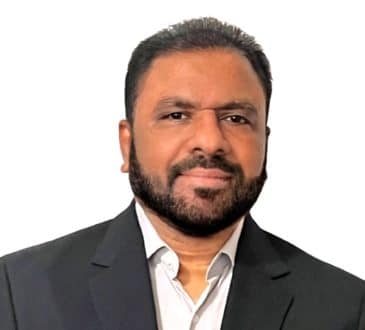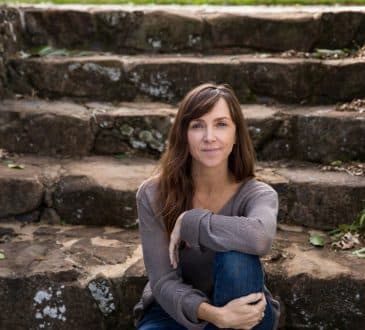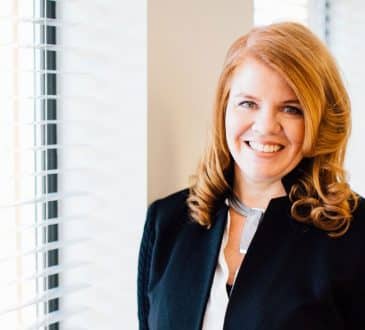Paying Attention to Different Things and How We See Things Differently

Whether you’re debating politics at a backyard barbecue, engaging in a workplace dispute, or negotiating a ceasefire in the Middle East, successful resolutions will never be realized unless we begin these dialogues at a foundational level. We have to start where it begins instead of assuming our foundational view is the objective one.
Here’s one of many examples of how difficult it can be. Where and how we grew up plays an enormous role in how we see the world. If you grew up in a poor neighborhood, for example, your perception of what rich looks like vastly differs from that of someone who grew up in an affluent community. This relativism factors greatly into how we draw our conclusions. Unless we acknowledge and understand it, both sides will always be speaking a different language.
Here’s another example of such relativism. Years ago, I participated in an enlightening program that was part of a consortium between MIT and Harvard, titled: “Dealing with an Angry Public.” During one of the exercises, we watched a video of an incident where a large man unloaded a box from a truck. As he turned away from the truck, he collided with a woman half his size. An argument ensued, and the parties had to be separated by police on the scene. In separate conversations, we listened to each person share their version of the story with the local authorities. Suffice it to say, they were very different. We were then asked to talk about it at our table of ten to answer the question, “Who is lying?”
Of the 30 tables present, not one group of ten attendees concluded either party was lying. They believed the individuals involved, accurately characterized their experience honestly from their perspective. David Brooks beautifully summarized this phenomenon in 2023.
In How to Know a Person, Brooks describes naïve realism as “the way the world appears to you is the objective view, and therefore everyone else must see the same reality you do. People in the grip of naive realism are so locked into their own perspective; they can’t appreciate that other people have very different perspectives.” Brooks then shared the old story about a man by a river. A woman standing on the opposite shore shouts to him, “How do I get to the other side of the river?” And the man shouts back, “You are on the other side of the river!”
In my latest book, I suggested that it’s challenging enough that from childhood, we’re geographically and structurally placed in situations that limit our perspective, but the research is clear regarding its lingering impact. Yet it still begs the question of how two people can encounter an individual or witness the same event and have diametrically opposing views about the person or what happened. Another layer to this dynamic can be found in Chris Argyris’ Ladder of Inference (1970). As you consider this model, look closely at the reinforcing progression of what we observe, how we add meaning, make assumptions, draw conclusions, and adopt beliefs that, over time, shape how we see the world.

Why Accessing Multiple Perspectives Matters
To be clear, the fact that we all see the world differently is a gift, not a curse. I’ve led an exercise many times on Zoom that illustrates the advantage of accessing multiple perspectives. I show a picture of a large, beautifully appointed room and ask the participants to take a moment to look at it. After blocking the image from the screen, I call upon the individuals to describe the room. No one will capture everything in the room. Because people’s eyes fix on different objects or features (data points they select on their walk up the Ladder of Inference), it takes several people to create a complete picture. Based on individual biases, their responses involve talking about observations and giving them meaning as they describe the room’s functional possibilities.
I used the term biases in the book purposely and not in a pejorative way. “Biases are not bad. We all have them. We learn by owning up to them and being open to new ideas. Imagine the benefit of having an extra-wide Ladder of Inference. Building that ladder and climbing it together will give your group or team greater clarity about what they’re seeing and offer them a more holistic perspective about what it all means.”
Summary
When I was a kid and listened to adults argue over a vast array of subjects, my way of characterizing it at the time was that they were two conversations away from having the conversation they were trying to have. I may have been in elementary school then, but I hold to that view today. As Mark Twain said, “If God intended us to talk more than listen, he would have given us two mouths and one ear.” Listening alone isn’t enough, though; we have to be open to understanding another point of view, regardless of whether we agree with it or not.
In the final chapter of the Second Edition of Peernovation, I bring David Brooks’ wisdom full circle: In Getting to Know a Person, Brooks added, “Wisdom is practiced when people come together to form what Parker Palmer called a ‘community of truth.’” He suggests that a community of truth can be an antidote to naïve realism. “When we are in a community of truth, we’re trying on each other’s perspectives. We’re taking journeys into each other’s minds. It gets you out of the egotistical mindset – I am normal, what I see is objective, everyone else is odd – and instead gives you an opportunity to take a journey with another person’s eyes.”
I want to live in that community. How about you?
Written by Leo Bottary.
Have you read?
The World’s Best Medical Schools.
The World’s Best Universities.
The World’s Best International High Schools.
The World’s Best Business Schools.
The World’s Best Fashion Schools.
The World’s Best Hospitality And Hotel Management Schools.
Bring the best of the CEOWORLD magazine's global journalism to audiences in the United States and around the world. - Add CEOWORLD magazine to your Google News feed.
Follow CEOWORLD magazine headlines on: Google News, LinkedIn, Twitter, and Facebook.
Copyright 2025 The CEOWORLD magazine. All rights reserved. This material (and any extract from it) must not be copied, redistributed or placed on any website, without CEOWORLD magazine' prior written consent. For media queries, please contact: info@ceoworld.biz








